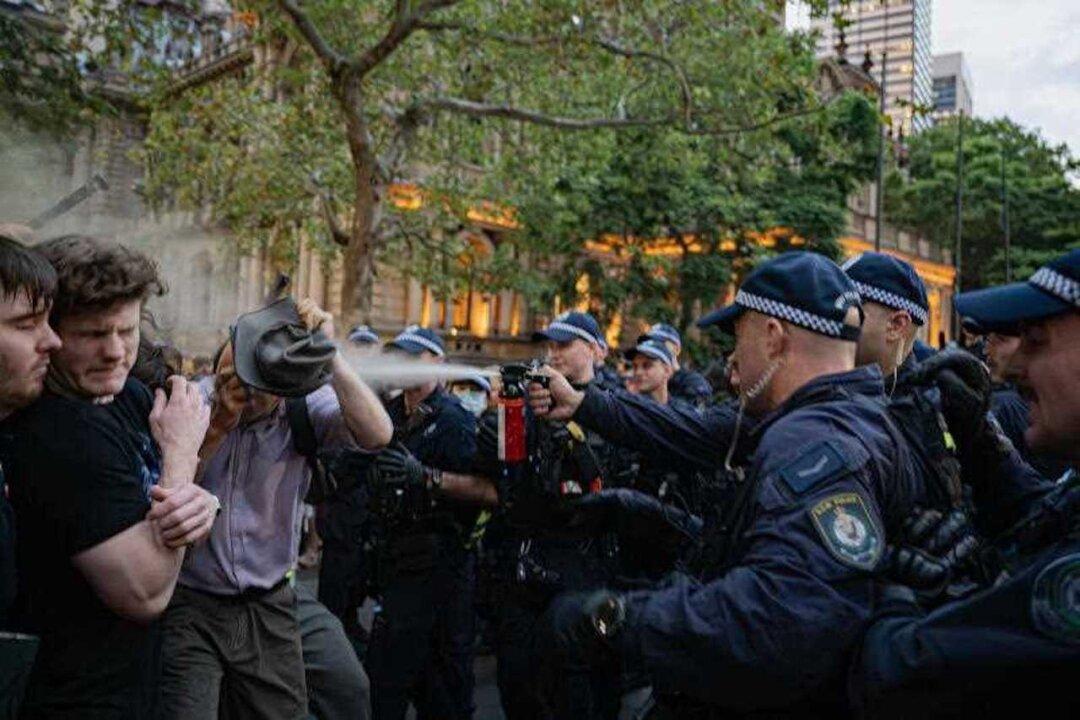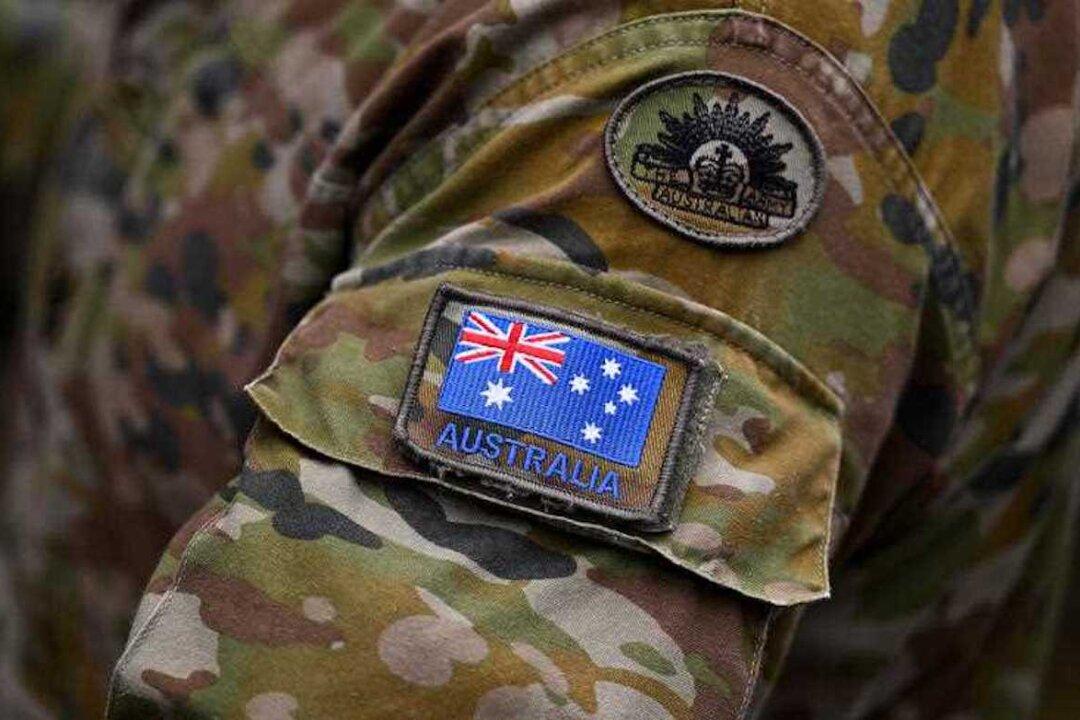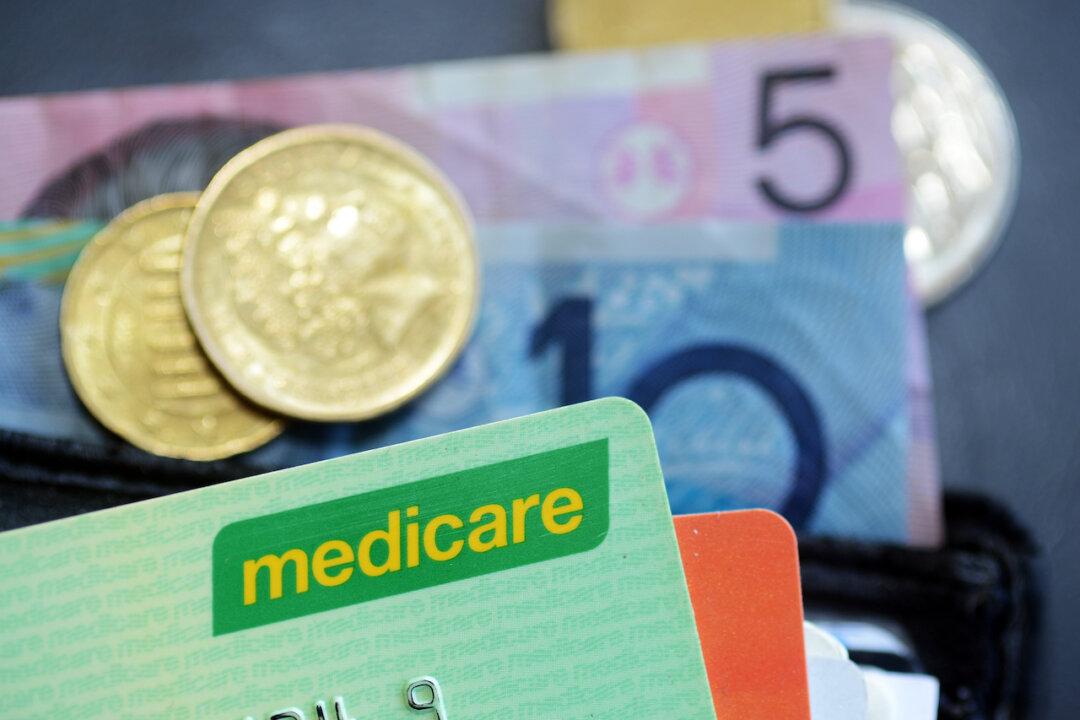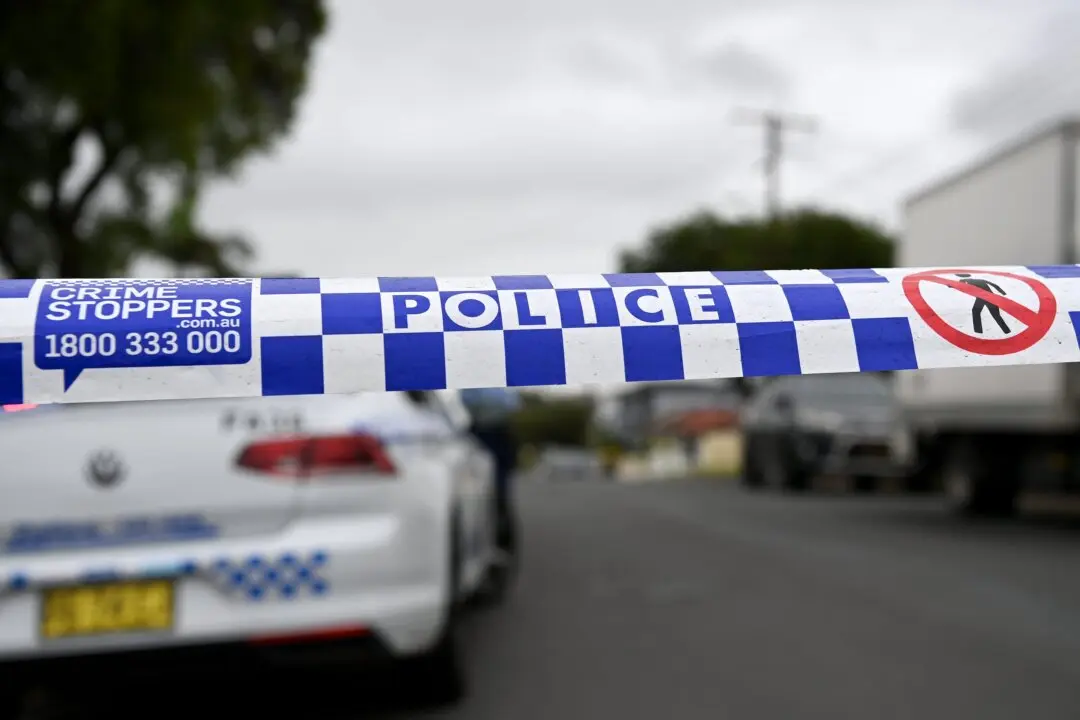Temperatures have surpassed 40 degrees across New South Wales (NSW), with the season’s first heatwave bringing elevated bushfire and health risks.
Parts of Sydney have broken the 40-degree barrier and swathes of western NSW are baking through even higher temperatures as the state experiences its opening summer heatwave.





